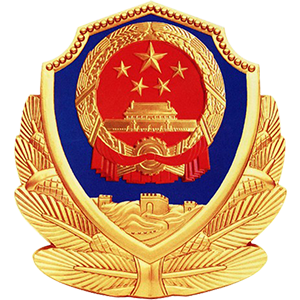摘要:
本文述评了人工冻土研究的热学理论,指出了其重要意义和不足之处。文中对冻结壁进行了系统分析,根据物质层次的不同,将其划分为三个子系统:冻土分散系统、冻土土质系统和冻结壁系统。它们对应于不同的运动形态。冻结壁系统是一个多方多层次的开放性大系统。冻结壁系统的稳定及其控制问题是人工土冻结技术中的关键问题。利用非平衡热力学和耗散结构理论方法,作者论述了冻结壁系统的形成及其稳定问题,剖析了它们的热力学本质,提出了冻结壁系统的热力学熵模型,其结果令人满意。
Abstract:
In this paper, the author describes, and comments on the traditional thermal theory on artificial ground freezing, and points out its important significance and shortcomings. The frozen-wall is analysed by system analysis methods. According to matter levels, the frozen-wall is divided into three sub-systems: frozen colloid system, frozen soil system and frozen-wall system. They correspond to different characteristics. The frozen-wall system is a large open system with multi-levels and multi-aspects. The problems of stability of the system and its control are the key problems in the techniques of artificial ground freezing. Based on non-equilibrium thermodynamics and dissipative structure theory methods, the author discusses and reveals the problems of the formation and stability of the frozen-wall system and its thermodynamic nature, and proposes the thermodynamic entropy models of the system. The result is a great satisfaction.




 下载:
下载:

 渝公网安备50010802005915号
渝公网安备50010802005915号